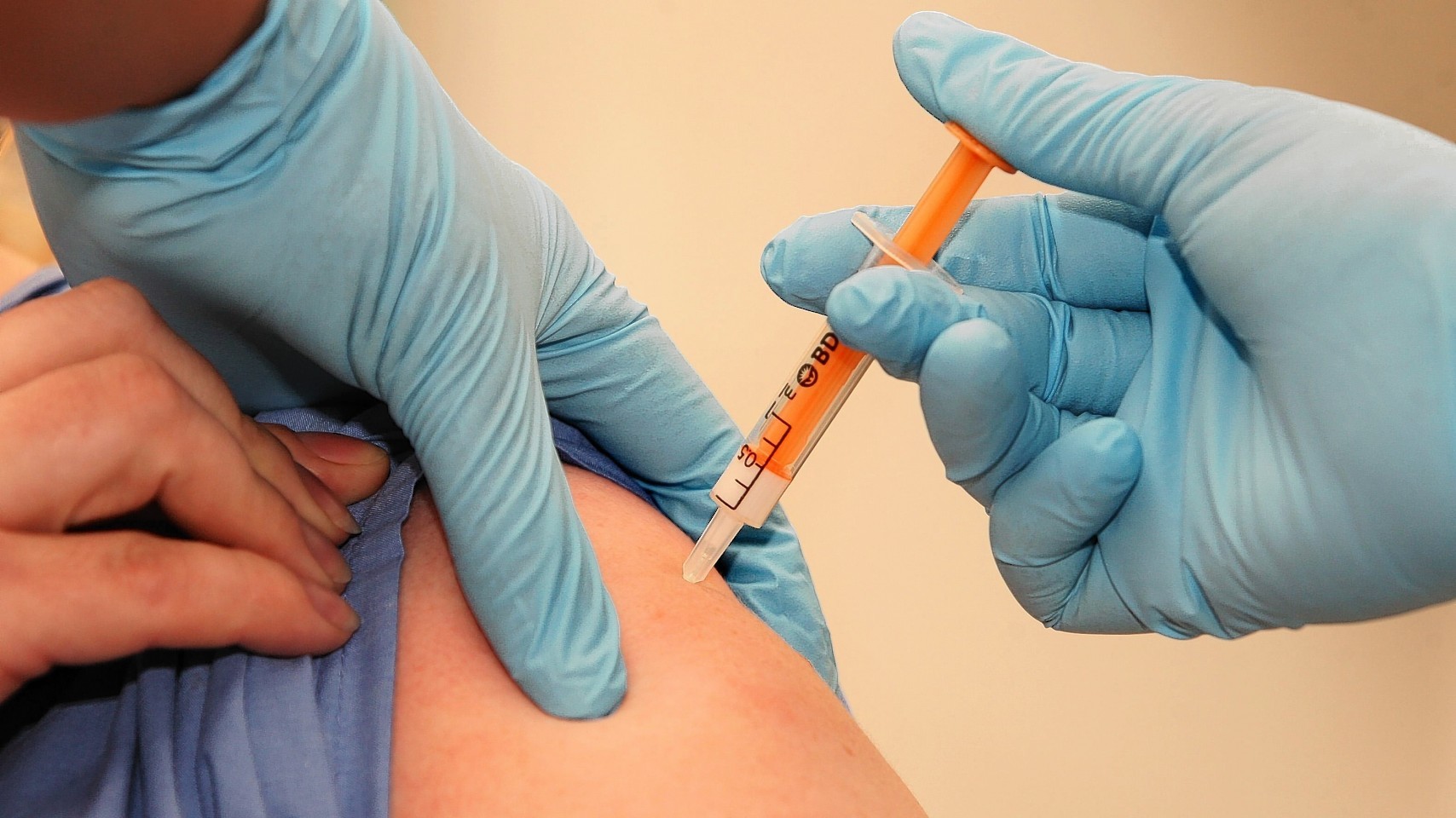A Scottish technology project to improve diabetes care north of the border could save the NHS up to £66billion a year if rolled out across the whole service throughout the UK, it is claimed.
Efficiency savings of that size would help to resolve a problem which became one of the key issues of the independence referendum debate – how best to fund the NHS.
Global data-storage giant EMC teamed up with Edinburgh-based company Aridhia to develop an information system for managing diabetes treatments.
The potential savings to be made across the whole NHS are spelled out in a report – Sustaining Universal Healthcare: Making Better Use of Information – published by EMC, which has Scottish offices in Livingston and Aberdeen.
It says data analysis and better use of information could improve the efficiency of healthcare delivery in the UK by up to 60%, with the potential to save the NHS between £16.5billion and £66billion per year.
The NHS is facing an estimated £34billion funding gap by 2020 and EMC says radical action is needed to preserve its “core value” of free healthcare for all.
EMC adds its work with Aridhia on a prevention-focused system for managing the treatment of diabetes in Scotland has led to a large drop in the number of costly amputations.
The report – produced in association with economic consultancy Volterra Partners – estimates that if the same system was implemented in England, it could result in 1,775 fewer amputations, saving the NHS £37million per year.
It could also be used to manage chronic health conditions such as cancer and cardiovascular disease, it says, adding that current shortcomings in electronic records and predictive data analysis, as well as ineffective monitoring of patient and treatment outcomes, is leading to “failures and financial inefficiencies that are unsustainable in the long-term”.
James Norman, healthcare director, UK and Ireland, at EMC, said: “Transformation in healthcare is needed now.
“If we want to save the NHS, we should be ambitious and bold. We need a more joined-up system in place to drive inter-operability of patient records and to better use the valuable information insights we generate.
“Doing so would mean that we could more easily identify the combination of factors that would put a patient at risk of generating a chronic condition, opening up the opportunity to prescribe treatment before they become ill.
“It could allow us to develop personalised medicines, improve early diagnoses and analyse specific treatments to maximise the benefit of medicine used.”
The report’s estimates for potential annual savings include £5billion for more efficient working practices and £840million due to reduced accident and emergency attendances.
A further £200million could be saved from reduced complications in diabetes, £126million through better care management for patients with chronic obstructive pulmonary disease and up to £32million by reducing readmission rates, it says.
